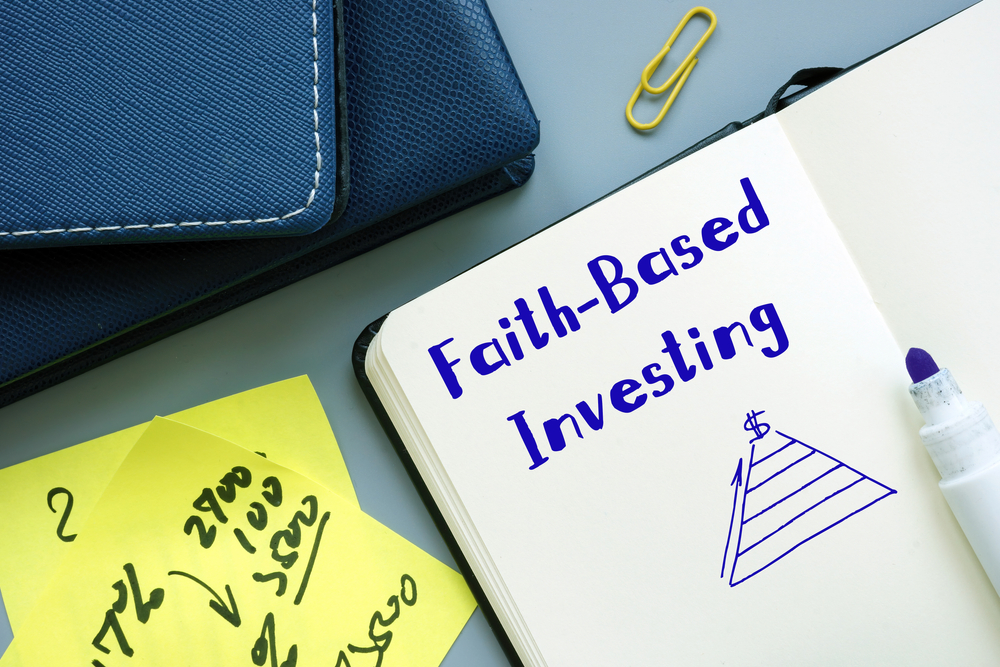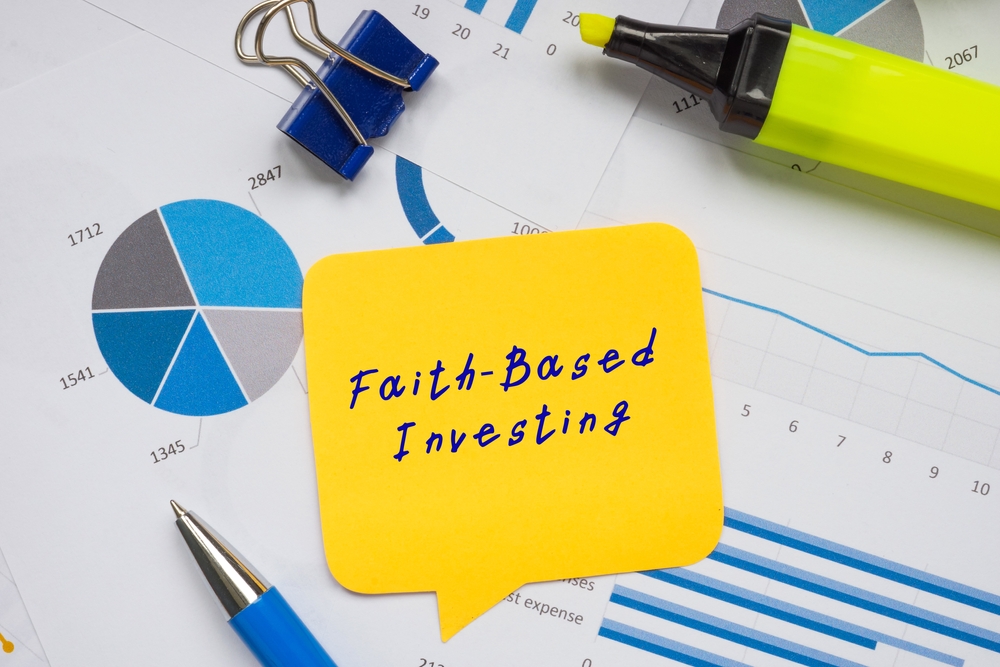The Rise of Value-Driven Finance
Global financial settings have gone under a profound transformation in recent times. Investors are not focused on making profits anymore, instead, there is a growing movement towards bringing into line financial decisions with ethical, social, and spiritual values. This shift has given rise to faith-based investing, a practice that integrates religious principles into financial plans. While ethical and sustainable investing have been gaining grip for years, faith-based investing has brought in a unique dimension, blending moral responsibility with the search of financial growth.
Faith-based investing is particularly noticeable in regions where religion plays a central role in both cultural and economic life. From Islamic finance in the Middle East to Christian funds in the United States and Sharia-compliant investments across Asia, faith-based principles are increasingly influencing how capital moves around the world. This trend is not only changing individual investment strategies but also shaping broader financial markets as demand for ethical alternatives continues to grow.
Understanding Faith-Based Investing
Faith-based investing is about making financial decisions that reflect on beliefs and values. For example, Islamic finance prohibits interest (Riba), and many Christian-based investment funds avoid companies involved in industries such as tobacco, and alcohol. Other faith traditions focus on promoting sustainable investments that protect natural resources and support community well-being.
This approach has gained drive as investors seek to balance their financial objectives with their ethical principles. Faith-based investing goes a step further by incorporating spiritual guidance, making it a deeply personal and meaningful practice for many individuals and institutions.
The Global Expansion of Faith-Based Finance
The influence of faith-based investing is growing fast, rising awareness of the impact of financial decisions on society. Islamic finance, for example, is one of the fastest-growing sectors in global banking. Countries like Saudi Arabia, Malaysia, and the UAE have positioned themselves as global hubs for Sharia-compliant financial services, attracting investors from across the world.
In Western economies, faith based funds are also gaining footing, particularly among younger generations who are seeking alignment between their values and their investments. The demand for socially responsible portfolios has led to the creation of new products, including mutual funds and exchange-traded funds (ETFs) that filter out companies whose practices conflict with religious or ethical beliefs. As technology advances, digital platforms are making it easier than ever for investors to access these markets, further quickening their growth.
Why Faith-Based Investing Matters to the Global Economy
The rise of faith-based investing has significant implications for the global economy. First, it channels capital into industries and initiatives that prioritize long-term sustainability over short-term gains. Second, it encourages corporate accountability, as companies seeking to attract investment must demonstrate their commitment to ethical practices and social impact.
Faith-based finance also plays a critical role in bringing in economic inclusion. In many regions, faith-driven financial models provide access to banking and investment opportunities for communities that have historically been excluded from traditional financial systems.
Organizations such as Muslim Aid exemplify how faith-based principles can be applied beyond the investment world, channelling resources toward humanitarian initiatives that improve lives and strengthen communities. This connection between finance and humanity underlines the broader potential of faith-aligned capital to drive meaningful global change.

Challenges and Opportunities Ahead
While the growth of faith-based investing presents exciting opportunities, it also comes with challenges. As demand for faith-aligned financial products increase, there is a need for greater transparency and regulation to ensure legitimacy.
On the positive side, advances in technology are helping to address some of these challenges. AI-driven analytics can help investors identify opportunities that align with their values. These innovations are paving the way for a more robust and accessible faith-based investing ecosystem.
A Future Driven by Values
The rise of faith-based investing replicates a broader social shift toward value driven decision-making. In a world facing complex challenges, from climate change to economic differences, investors are recognizing their role but also of the planet and its people. By aligning financial strategies with spiritual and ethical principles, faith-based investing offers a path toward a more sustainable global economy.
As this trend continues to evolve, it has the potential to reshape financial markets and redefine success in terms that go beyond profit alone. Faith-based investing is not just a strategy, it is a statement of commitment to using wealth as a force for good, while achieving significant financial growth.







